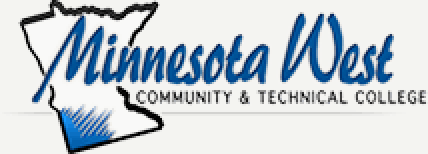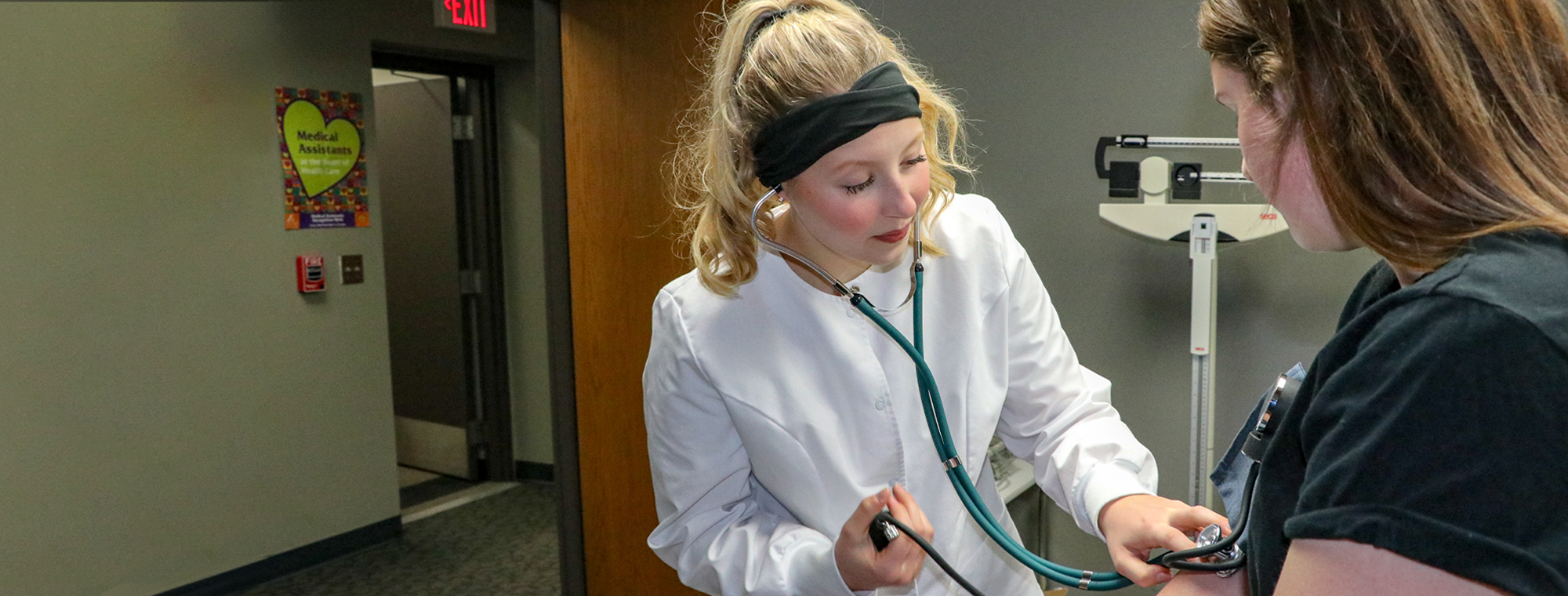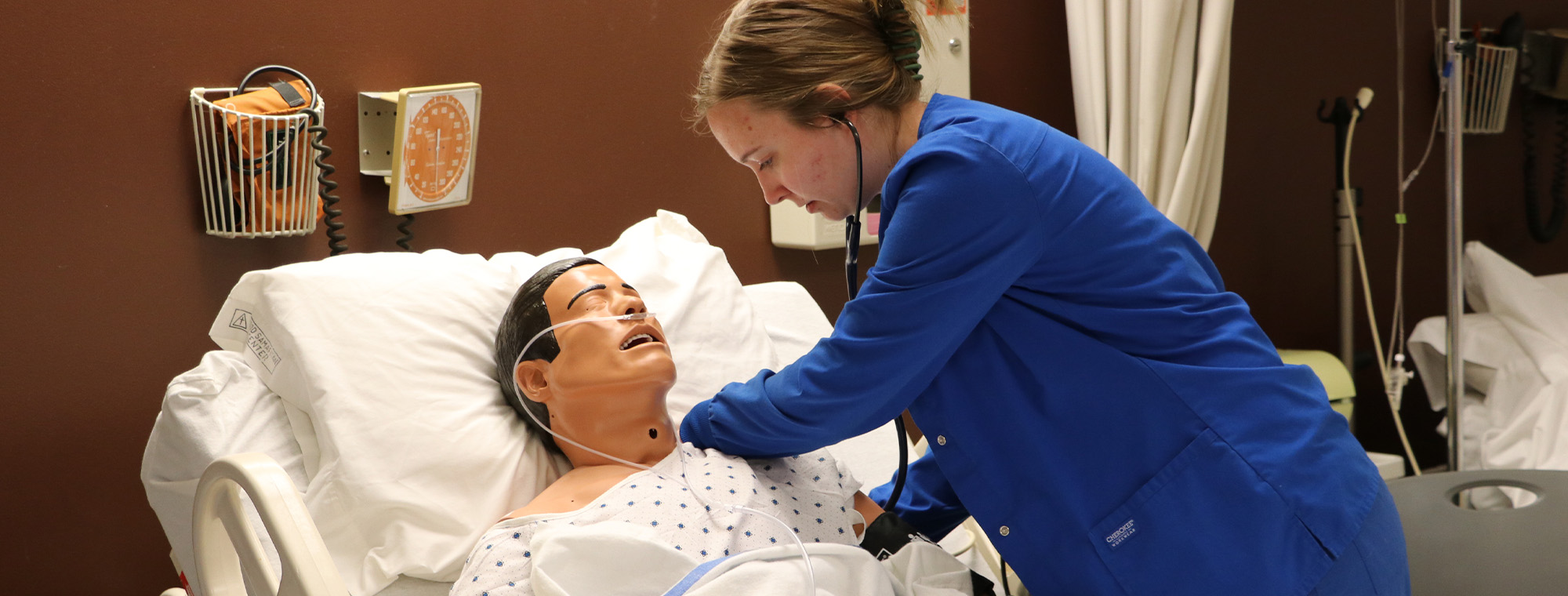Pharmacy Technician

Start your pharmaceutical journey as a pharmacy technician. Pharmacy technicians assist licensed pharmacists and dispense prescription medications in pharmacies. Our program prepares you for your future career. Gain hands-on experience through virtual classroom learning and an in-person externship.
1-year program
Flexible online learning
In-person externship
This Program is Available at:
Choose your path

Pharmacy Technician, Certificate
Length
- 1 Year for Full-Time Students
- 10 Credits
Course List
Program Requirements
Students must complete the Accuplacer Assessment tests in reading, writing, and mathematics prior to registering for courses at Minnesota West. Students may be exempt from the test if they have adequate ACT scores or prior college experience. Students entering the Pharmacy Technology program must meet the following minimum program entry requirements:
- Reading Comprehension: score of 50+ or a grade of C or better in STSK 0090
- Math: score of 51+ on the Elementary Algebra, or a 40+ on the College Level Math test, or a grade of C or better in Math 0098
It is recommended that each student is up-to-date on all immunizations including the Hepatitis B vaccination within the first two months of beginning the program.Please fill out the immunization form.
In the event of conflicts with this recommendation, a student shall fill out an immunization waiver. In addition, healthcare CPR and a health physical by a physician will need to be completed. A TB skin test will also be required before the first internship site can be assigned to the student. The TB skin test will be repeated annually.
In 1995, amendments were added to the Vulnerable Adults Act which affects students in clinical placements at facilities licensed by the Minnesota Department of Health. The amendments require that individuals who provide direct contact services to patients, residents or client in licensed facilities must undergo a background study. Direct contact is defined a s providing face to face care, training, supervision, counseling, consultation, or medication assistance to people receiving services from the agency or facility. Facilities affected by this law are as follows:
- Home Care Agencies
- Residential Care Homes
- Licensed Child Care Facilities
- Hospitals
- Boarding Care Homes
- Outpatient Surgical Centers
- Nursing Homes
- Board and lodging establishments providing supportive or health services
The Commissioner of Human Services is authorized to conduct studies initiated by educational programs that train persons providing direct contact services in licensed facilities. Annual background studies of students in clinical placements are required. Background study results may be transferred from one licensed facility to another.
State law requires that any person who provides services that involve direct contact with patients and residents at a health care facility have a background study conducted by the State. An individual who is disqualified from having direct contact as a result of the background study, and whose disqualification is not set aside by the Commissioner of Health, will not be permitted to participate in a clinical placement in a health care facility. Failure to participate in a clinical placement required by the academic program would result in ineligibility to qualify for a degree in this program.
Career Opportunities
A Pharmacy Technician, also known as a Pharmacy Assistant, plays a crucial role in supporting Pharmacists in their daily operations to ensure efficient customer service. Their responsibilities encompass tasks such as dispensing and labeling prescriptions, providing assistance to customers by addressing inquiries or dispensing medications, and communicating with customers to inform them when their prescriptions are ready for pickup.
A pharmaceutical sales rep goes to hospitals and clinics to sell new medicines and products to doctors. They talk to doctors about the medicines they have, take orders if doctors want to buy, and answer any questions about the products. These reps often travel a lot to visit different places where healthcare facilities are located.
A medical receptionist helps with communication in places like hospitals or doctor's offices. They greet patients, handle paperwork and payments on the computer, and collect information from patients using forms. They also answer phone calls and direct them to the right person or department


